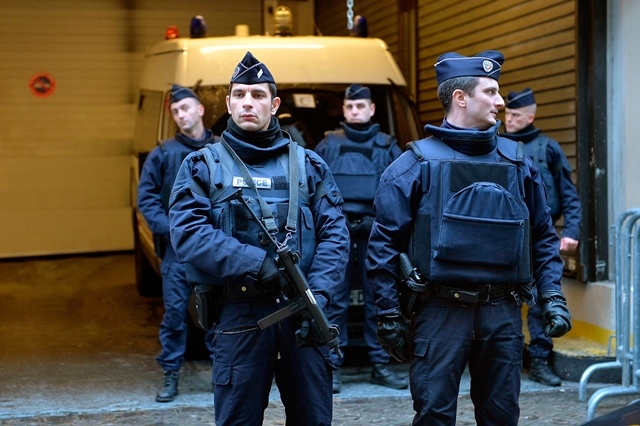
THE world has been left reeling by the ferocity and carnage of Friday night’s terrorist attacks in Paris.
It is fair to describe this as an escalation of the type of terrorism activity we have seen in Europe recently and it is clear by its sophistication this was not a spur-of-the- moment attack.
The logistics of moving arms and personnel into position, reconnaissance of potential targets, and the detailed planning of the attacks themselves is much more likely to have stretched back for months, if not years.
What do these deadly attacks tell us and what are the implications for the rest of us?
Well, if there was any doubt previously, it is now patently obvious that the Syrian civil war has now spilled out of the Middle East and into the rest of the world.
While it might be an overstatement to say “nowhere is safe”, countries, particularly European countries, will be only too aware of their vulnerabilities to such outrages and will be looking to their security.
The UK is obviously at risk given the multitude of routes into the country by air, land and sea.
Indeed, the Prime Minister has already said so.
London, with a similar large multicultural population to Paris, is an obvious potential target, as are other major cities across the country.
Even the USA cannot consider itself safe.
And every country has national interests abroad too. The UK’s sovereign base areas in Cyprus, for example, would seem particularly vulnerable given their proximity to Syria.
The most immediate ramifications of the Paris attacks will be, as we have already seen, a tightening of security everywhere airports, ports, Government facilities and other key strategic points.
his will affect already weary business and holiday travellers, whose journeys will be even more disrupted.
Events will be cancelled until the authorities can be as sure as they can be that the immediate danger has passed.
Public buildings will be closed or access restricted and every security measure will be heightened with the inevitable penalties to the general public.
The most important defence against such outrages, however, will always be intelligence. Prompt and accurate intelligence from informers, electronic surveillance, and the sifting of information on all known suspect individuals and groups is always the best defence.
Whether retaliation in the form of an escalation of action in Syria by the USA and her allies will follow is unclear. The desire for some sort of counterstroke is natural, but it might just up the ante and lead to further tit-for-tat retaliatory attacks.
I think major deployment of ground troops is unlikely at this stage.
I don’t believe the US, France and the UK has the stomach for another ground conflict so soon after Iraq and Afghanistan.
There is also the issue of resources.
That doesn’t apply to the US but certainly the British army is no longer big enough to cope with a large-scale operation in Syria.
You could try something smaller but the problem with this is history shows you end up with mission creep.
If you say you’ll target two enemy camps, why not the next one down the road? It is impossible to dip your toe in.
You can do it with special forces, and I dare say they are operating there now, but they are too small in numbers.
Could it happen here, in Scotland? The trite answer is yes, it could.
The Scottish Government is taking it seriously enough with the resilience committee having met yesterday.
Terrorists always seek to strike where the security is weakest or an attack is least expected. We cannot assume we are safe.
But the initiative, sadly, lies with the terrorists. The security services and their countermeasures cannot cover every eventuality. In the final analysis, the security services have to be successful all of the time, the terrorists only have to be successful once.
That’s the conundrum that faces all of us as ISIS expands its terror network outside Syria.

Enjoy the convenience of having The Sunday Post delivered as a digital ePaper straight to your smartphone, tablet or computer.
Subscribe for only £5.49 a month and enjoy all the benefits of the printed paper as a digital replica.
Subscribe